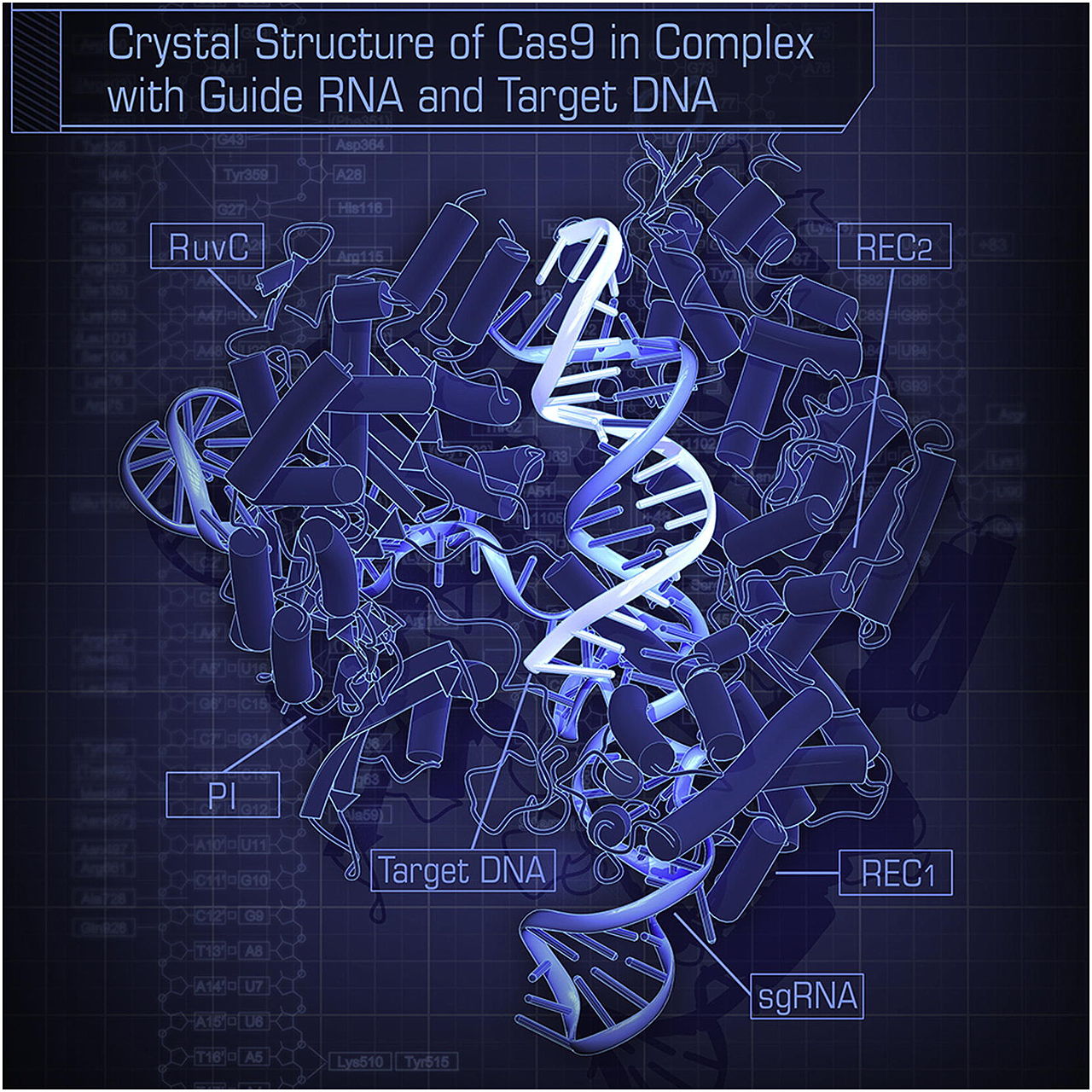Your intermittent posting may be causing you to forget some context. You stated "Behe was talking about the plausibility of an argument of design, not ID theory itself", which is rather goofy since "ID theory" is an argument of design.
Do you consider the big bang theory an argument for God?
Even if people disagree with Behe, the fact is Behe presented separate cases for the theory and the implication of the theory. Behe says the implications of the theory are debatable, while the theory itself is empirically based. Whether anyone agrees Behe's theory is based on empirically based observations or not doesn't matter. The result is the same: asserting Behe thinks empirically based observations are
an argument.
Behe, a tenured professor, understands theories are not an argument. As he has pointed out in his book and numerous articles, the plausibility of a theory does not rest on any religious belief. The plausibility of its implications rests on ones religious beliefs. Judge Jones found one quote confirming his bias and ignored Behe's testimony to the contrary. In order to come up with the nonsense that ID theory
is an argument of design.
Which ID creationism completely lacks.
Except for one major inconvenient fact.....we have the documents, statements from ID creationists themselves, and a host of other direct evidence clearly showing how ID creationism was crafted as a legal strategy in response to court rulings against teaching creationism. We have the creationists' own textbook where they defined "creation" and "intelligent design" in precisely the same terms. We have examples of ID creationists referring to themselves as creationists and their arguments as creationist arguments. We have their own document that lays out in direct terms what ID creationism is all about (trying to bring science in line with Christianity and defeat materialism).
I know you'd like all that to go away, but it's not going anywhere.
What makes you think I'd like it to go away? When you actually read the books and publications of Behe, Dembski, Meyers, Axe, and the others. You find out what ID theory is actually about. It was made by scientists for science.
Honestly, it's kinda hard to take any of the conflation between creationism and ID theory seriously. As if anyone would have any success getting creationism taken seriously by the scientific community. ID theory is moving forward because it's science, not religion.
The textbook replacing creator with designer, or creationism with intelligent design happened in 1986. While I agree that's some underhanded, sneaky way to get creationism taught in the schools. It's nothing compared to Piltdown man, Haeckelsakels drawings, and Archaeopteryx.
ID
theory was crafted by actual scientists several years later in 1993. So what happened in 1986 isn't an attempt get something taught in the schools that didn't exist. Creationists don't have a copyright claim to the terms either. ID theorists took their queues from Paley and others:
At 6, Chris Doyle came very close with “intelligent, designing,”
1802, from William Paley’s
Natural Theology, Chapter 24.
At 33, Vincent Torley notes that English chemist Joseph Priestley used the phrase “intelligent designing cause” in
1794.
At 44, BartM found what looked like a source from
1750, in
The Natural Philosophy of Albrecht von Haller, p. 53, but it turned out to be the work of an English translator, circa 1980. Good sleuthing! But not the suspect.
At 38, kairosfocus notes that Newton’s translator used the phrase “intelligent Agent ”in
1729.
Also, at 58, Ted Davis notes an instance of “intelligent design” from
1877.
Um....what? That quote wasn't the start of anything, nor was it even a crucial component of the ruling.
I have to ask....have you ever read the Kitzmiller ruling?
I've read it many times. The Judge indeed said it was a crucial part of his ruling:
"As no evidence in the record indicates that any other scientific proposition’s validity rests on belief in God, nor is the Court aware of any such scientific propositions, Professor Behe’s assertion constitutes substantial
evidence that in his view, as is commensurate with other prominent ID leaders, ID
is a religious and not a scientific proposition."
As mentioned earlier, Judge Jones conflates the theory with the implication of the theory. Judge Jones started it and people to this day continue to do it. But history has a way of ferreting out the truth. Black people aren't property, corporations aren't people, and ID theory isn't a religious proposition.
Well, you're welcome to that opinion if you like. But it doesn't change the fact that a federal court has ruled otherwise and every scientific organization that's weighed in on the matter all agreed that it's not science and is a form of creationism.
I suppose you can keep repeating "But it's not" all you like, but really....who cares? Like I keep saying, it's dead. No one is trying to get it taught in schools and no one is utilizing it in any scientific sense at all.
Honestly, we may as well be arguing about phrenology.
Got a citation for "every scientific organization that's weighed in on the matter all agreed that it's not science and is a form of creationism."?
While the court ruled it so. I've yet to see any scientific organization claiming its a "form of creationism."
I couldn't find it since it was from 2006. So I have no support of my claim.
I will say this sums up how things started:
"
Most of the arguments are gussied up versions of the kind of handwaving, ignorant rationalizations you'd get from some pomaded fundagelical Baptist minister who got all his biology from the Bible, not at all what you'd expect from a tenured professor of biochemistry at a good university—throwing in an occasional technical gloss or mangled anecdote from the literature is only a gloss to fool the rubes." -PZ Meyers
Vs how they finish:
"
By a couple of arguments, from the probability of getting two independent changes in the sequence and the observed frequency of evolution of chloroquinone resistance in the population of infected people, he comes up with a number: the odds of acquiring this specific pair of mutations is one in 1020. Fair enough; if you demand a very specific pair of amino acid changes in specific places in a specific protein, I agree, the odds are going to be very long on theoretical considerations alone, and the empirical evidence supports the claim of improbability for that specific combination." -PZ Meyers













